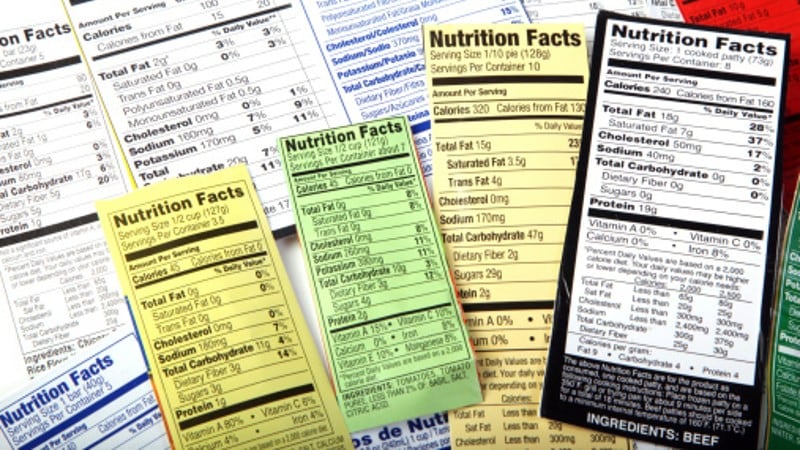Eight years after the Philippines FDA first launched national guidelines to govern product recall procedures for products found to be non-compliant with food safety standards,, the agency has now decided to establish an electronic system to manage these in a more timely manner.
“The FDA Center for Food Regulation and Research (CFRR), shall implement an electronic system of notifying recalls by [to] cover mock and product recalls of all processed food products,” the Philippines FDA announced via a formal statement.
“The development of electronic notifications will help the [the local food industry] in the immediate reporting of food safety concerns, and the FDA in performing its oversight of the entire recall process.
“The recall system shall be required for all manufacturers, traders, and distributors (importers, exporters, wholesalers) of processed and prepackaged food products.”
Mock recalls were highlighted in the FDA documentation as a crucial element to simulate and test the effectiveness of the food recall system, enabling both the agency and the relevant food firm to review and revise accordingly.
All firms involved will be mandated to conduct a mock recall to test the effectiveness of the e-recall system.
“The e-recall system shall facilitate the real-time notification of a recall from the [company] to the FDA, and likewise automatically alert the FDA on the target date of submission of necessary documents from the [company] and the completion date of recall,” the Philippines FDA added.
“A specific Recall Strategy must be developed, including the clear identification of the implicated food product including complete details and a label and clear pictures of the implicated products as sold in the market from different angles.
“The company must also create a Recall Team specifically to handle recalls, choosing the team members according to their expertise and training [coming from] different areas of the organisation which may include but not be limited to Production, Quality Control, Purchasing, Sales and Marketing, Legal Services, Distribution and Supply chain, and Public Relations.
“Once a trigger is received, the Recall Team will have to conduct a Health Hazard Evaludation (HHE) according to a pre-established checklist and determine whether the implicated product is subject for recall – [only then] will the recall strategy be executed to halt product distribution as well as conduct product tracing to determine the depth of the recall.
As soon as the decision to recall a product has been confirmed, the affected food firm will need to notify the FDA Food Product Recall Committee immediately via the FDA website.
Effectiveness checks
In order to ensure maximum efficiency of the new system, the Philippines FDA added that it planned to not only carry out mock recalls with all food firms involved but also to mandate effectiveness checks.
“An effectiveness check shall be conducted by the company to verify that all distributors/retailers/consumers of the implicated product received its notification about the recall, and have taken appropriate action,” it said.
“This would be conducted via several methods, including but not limited to mail, telephone calls, company visit, online platforms or combinations of these.
“The recall will be considered effective only when all of the implicated products have been documented, traced and tracked, and proper disposition conducted.
“This system will be reviewed and evaluated after three years of implementation to determine whether its objectives, impact and effectiveness are achieved.”





